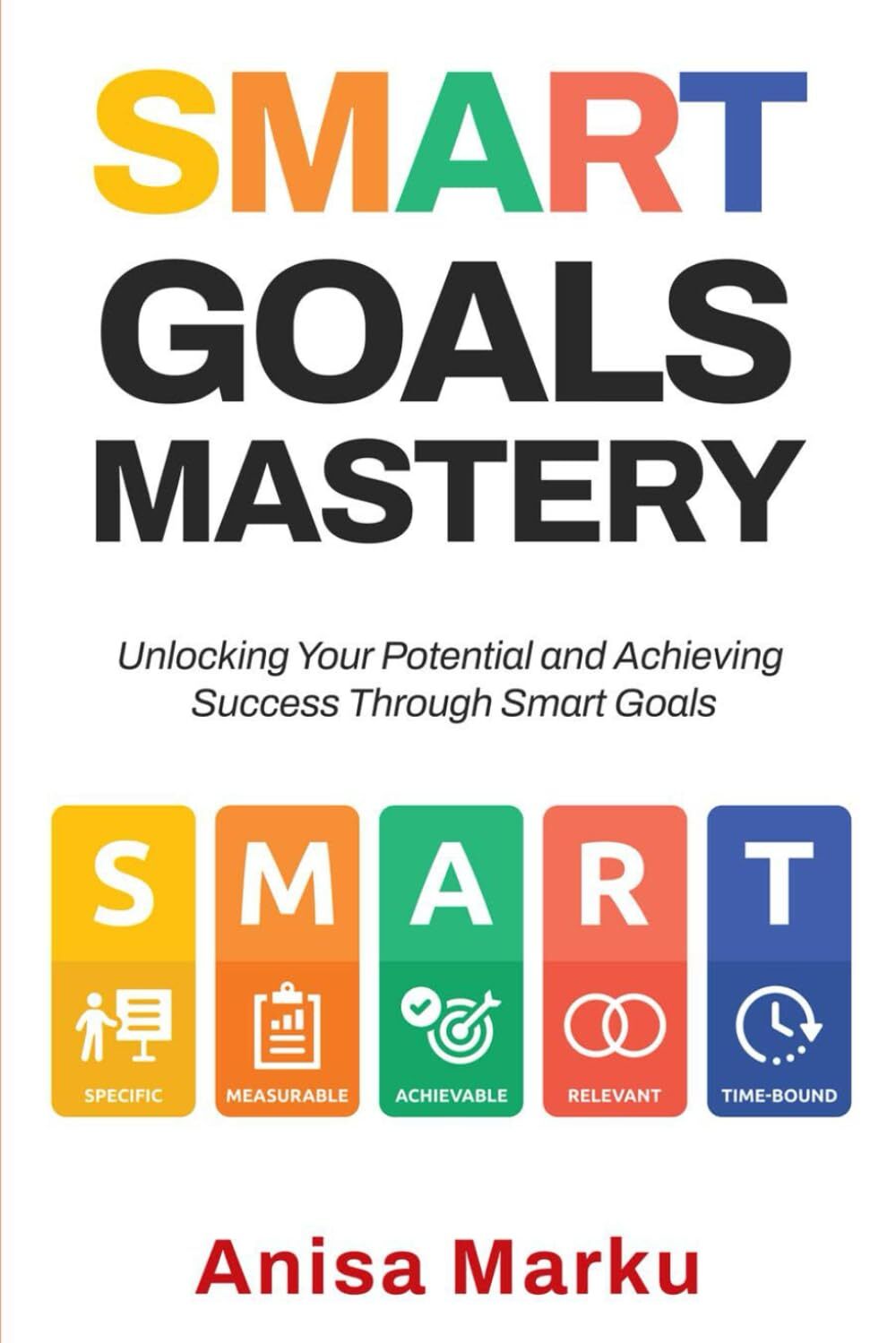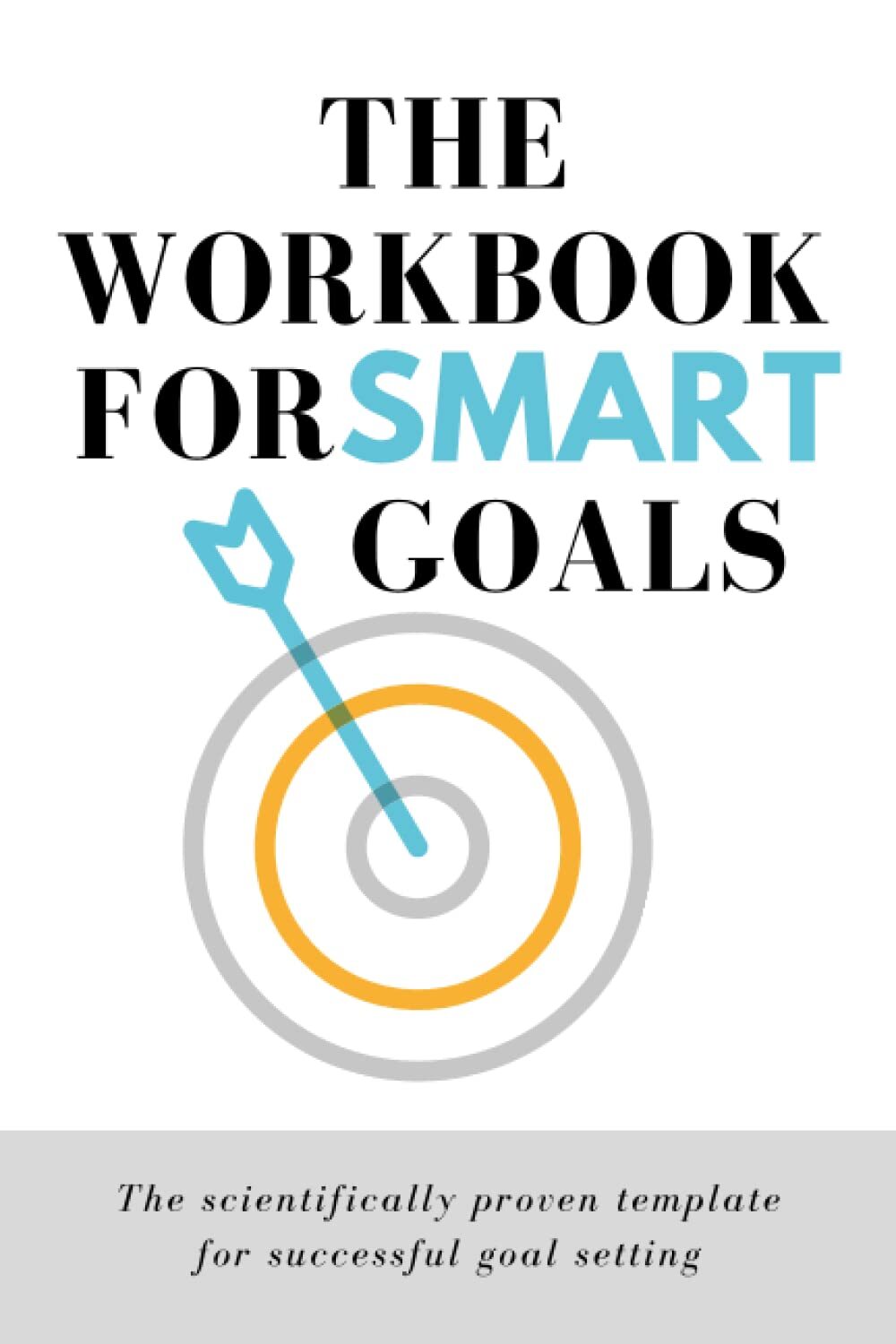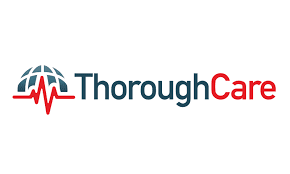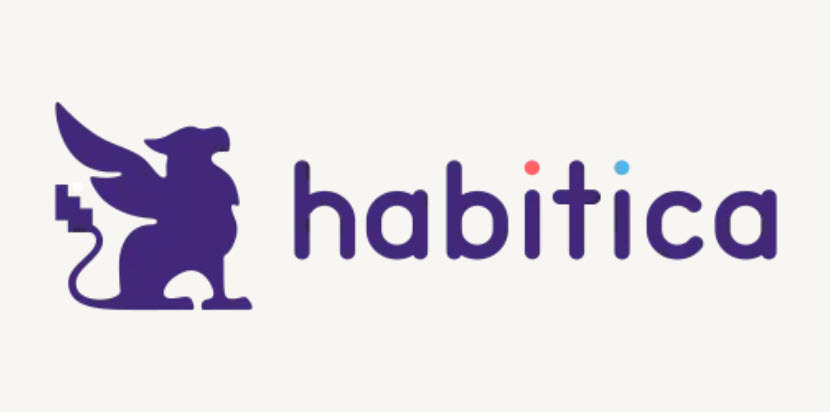SMART Goals
Structured Goal Setting for Cancer Recovery

Introduction
SMART Goals—Specific, Measurable, Achievable, Relevant, and Time-bound—provide a structured framework for cancer survivors to set clear, actionable objectives during recovery. This approach helps break down broader aspirations into manageable steps, fostering motivation and progress across physical, emotional, and social aspects of survivorship.
Why It Works
SMART Goals enhance clarity and focus, reducing overwhelm by creating realistic targets tailored to a survivor’s unique needs. Research shows structured goal setting improves adherence to health regimens, boosts self-efficacy, and reduces anxiety, supporting survivors in managing recovery challenges like fatigue, treatment side effects, or emotional adjustments.
How To Do It
Instructions:
1. Specific: Define a clear, precise goal. Example: “Walk 30 minutes daily” instead of “Get fit.”
Helpful Tips:
- Start small: Begin with one or two goals to build confidence.
- Be flexible: Adjust goals if health changes occur.
- Celebrate milestones: Acknowledge small wins to stay motivated.
- Use Apps: Apps or planners can simplify tracking.
- Pair with support: Discuss goals with a counselor or survivor group.
- Focus on priorities: Choose goals that align with recovery needs.
- Review regularly: Reassess weekly to stay on track.
- Combine approaches: Link with strategic or daily goals for holistic planning.
- Stay positive: Frame goals with optimism to boost engagement.
Recommended Videos
Unlocking Lasting Well-Being: Mastering SMART Goals in Your Cancer Wellness
Texas Oncology Foundation
SMART Goal Setting is the KEY to Recovery!
Doc Snipes
How to Write a SMART Goal (for Mental Health)
Dr. Maelisa McCaffrey
Influential Books
In the book, "S.M.A.R.T. Goals Made Simple", you'll get a ten-step plan for setting and achieving your goals. Unlike other titles, this book will teach you how to turn any idea into an actionable plan.
* As an Amazon Associate I earn from qualifying purchases.
Helpful Websites
Popular Apps
Scientific Research
- Locke, E. A., & Latham, G. P. (2019). The development of goal setting theory: A half century retrospective. American Psychologist, 74(8), 1108–1122. https://pubmed.ncbi.nlm.nih.gov/31368764/
- Turner, J., et al. (2020). Goal setting and quality of life in cancer survivors: A systematic review. Supportive Care in Cancer, 28(9), 4001–4012. https://pubmed.ncbi.nlm.nih.gov/32447545/
- Smith, L., et al. (2017). SMART goals in cancer rehabilitation: A pilot study on feasibility and effectiveness. Journal of Cancer Survivorship, 11(4), 487–495. https://pubmed.ncbi.nlm.nih.gov/28364321/
Related Topics:
Strongly Related
Reduce Stress:
[Links to related web pages]
[Links to related web pages]
[Links to related web pages][Links to related web pages]
Moderately Related
Issue B:
[Links to related web pages]
[Links to related web pages]










